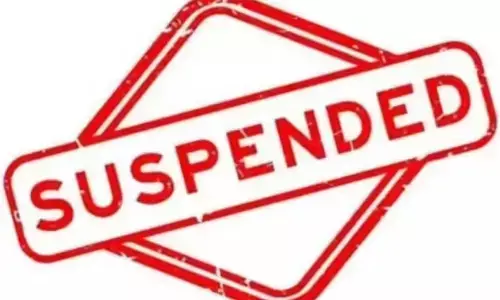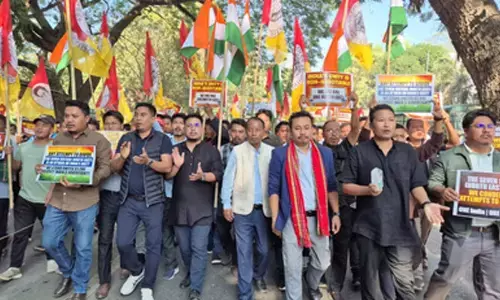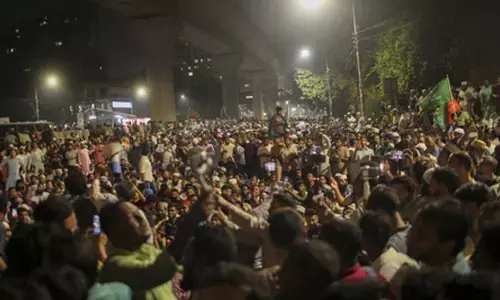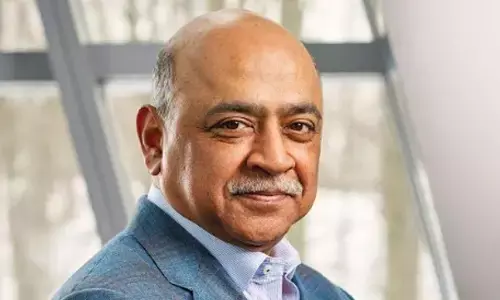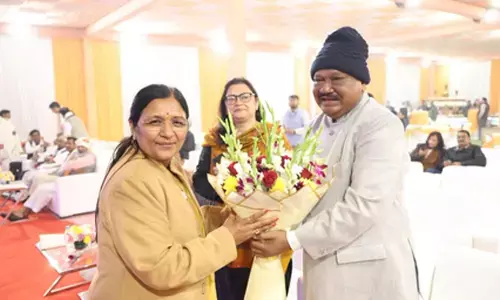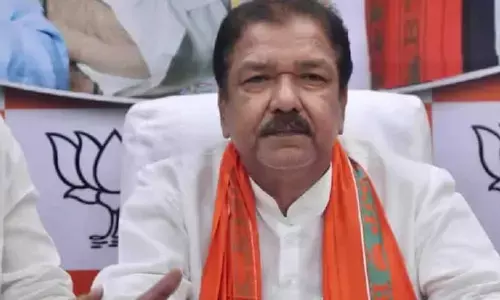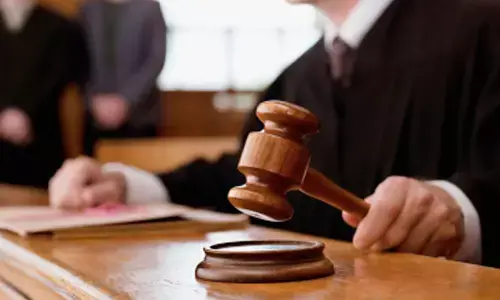Many shades of democracy

With two phases of elections over in these general elections, it will be worthwhile to ponder over the way our democracy is going about despite allegations and charges and counter-charges which are all politically motivated.
With two phases of elections over in these general elections, it will be worthwhile to ponder over the way our democracy is going about despite allegations and charges and counter-charges which are all politically motivated.
What does the people's choice indicate? Who is voting for what and why will be quite interesting to know. The only commonality seems to be violence and EVM glitches that are marring the polls in every State.
The rest - the preferences, the choices, the options - is almost constituency specific or State specific or region specific. Take for example, the North Eastern States. Polling was largely peaceful in the six constituencies of Assam and Manipur that voted on Thursday.
Former Chief Minister, Prafulla Kumar Mohanta, abstained from voting protesting against the Citizenship (Amendment) Bill that was introduced by the BJP.
In the heartland, a Dalit voter chopped off his finger after having mistakenly cast his vote to the BJP, meanwhile. He said he was repenting for his mistake. Caste, religion, vote transfer and national security all are playing their role in the great Gangetic plain.
In the Western part of India, several issues are domineering the discourse. In Central Maharashtra, drought has its say and farmers play a role while Mumbai and southern part of the State are discussing whether Modi should be judged by security concerns and foreign affairs of the country or by unemployment and demonetisation.
In States like Chhattisgarh, tribal concerns and the government performance in this regard are key to candidates' success in several parts. Remunerative prices to the farm produce are quite high in the minds of farmers here and in Madhya Pradesh. Up above in Jammu and Kashmir, the primary concern for the voters remains the same: security and stability.
Who is best suited to keep Kashmir safe and peaceful matters to those in Jammu and whether elections should be held at all or not in the Valley. Of course, Article 370 and Article 35A do weigh in a lot alongside.
West Bengal has its own problems thanks to the communal politics dominating the scenario with the hills voting on separate Statehood issue too. Political ideologies have a firm imprint on the minds of voters here anyway.
Delhi itself is wary about the importance of national capital and its security and people have a clear distinction between the local (read Assembly) priorities and national options (as to which party should rule at the Centre).
In Uttar Pradesh, it is more a case of mathematics and statistics with the caste and community chemistry dividing people into ghettos of preferences.
Rajasthan and Gujarat, of course, are somewhat similar sounding as voters there are choosing the rulers of the nation. Local considerations are brushed aside for the time being.
Down South, the story is entirely different. Corruption is not a main issue at least in three States. Tamil Nadu, Karnataka and Andhra Pradesh (where elections got completed in phase one itself).
Personalities matter here alongside castes and voters usually pick their leaders much ahead. Kerala is for ideology and religion mainly. Look. How many hues to this democracy!








